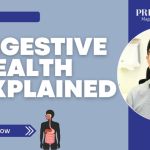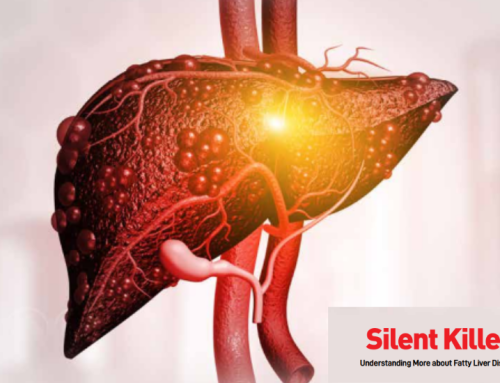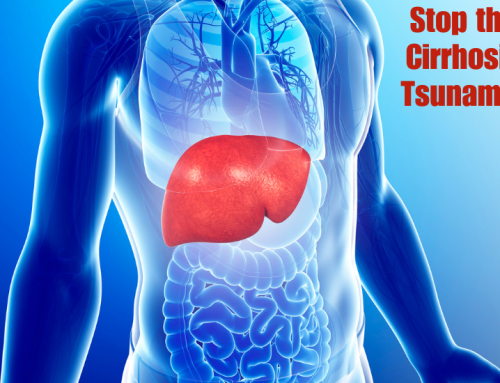Eating Your Way to Healthy Eyes
By Dr Khor Wei Boon
Many people ask if there is a special food that can improve eyesight. However, there is no single superfood that can protect or restore vision. Instead, a balanced and varied diet can support good eye health. Diets like the Mediterranean diet and the traditional Japanese diet are good examples. They include many natural and whole foods that are rich in antioxidants and nutrients that help protect the eyes.
Below are five food groups that are helpful for your eyes.
1. Dark Green Leafy Vegetables
Examples include kale, spinach, and broccoli.
These vegetables contain lutein and zeaxanthin, which are important antioxidants found in the retina. They help protect the eyes from blue light and UV exposure. As a result, they may lower the risk of age-related macular degeneration (AMD) over time.
2. Brightly Coloured Fruits and Vegetables
Examples include carrots, sweet potatoes, papayas, and mangoes.
Their bright colours come from beta-carotene, which the body changes into vitamin A. Vitamin A is essential for night vision and overall eye function. In general, the deeper the colour, the higher the beta-carotene level.
3. Eggs
The egg yolk contains lutein, zeaxanthin, and vitamin A.
Eating eggs two to three times a week is an easy way to increase these nutrients. These antioxidants may help support eye health as we age and may also slow the development of cataracts.
4. Nuts, Beans, Lentils, and Peas
Examples include walnuts, chickpeas, soybeans, and tofu.
These foods provide protein, fibre, and zinc. Zinc is found in high amounts in the retina and plays a role in keeping the light-sensing cells healthy. Getting enough zinc may help support retinal health and may also be helpful for people with diabetes, as it may reduce the risk of diabetic eye disease.
Some shellfish, such as prawns, also contain zinc.
5. Fish (Especially Oily Fish)
Examples include salmon, tuna, mackerel, and sardines.
These fish are rich in omega-3 fatty acids, which have anti-inflammatory properties. Omega-3s may help relieve dry eyes and may also support general eye health. If you prefer plant-based options, you can also include chia seeds and flaxseed.
What About Supplements?
Not everyone needs supplements. However, there are two types that may be helpful for specific conditions:
| Supplement | Who May Benefit | Why |
|---|---|---|
| AREDS2 vitamins | People diagnosed with certain stages of AMD | May slow the progression of AMD |
| Omega-3 supplements | People with dry eyes or those who do not eat fish | May help reduce dry eye symptoms |
There are also plant-based omega-3 supplements made from sea buckthorn oil or flaxseed, which are suitable for vegetarians and vegans.
It is best to check with your eye doctor before starting any supplement to make sure it is suitable for you.
In Summary
-
There is no single miracle food for eyesight.
-
A healthy and balanced diet helps protect the eyes over time.
-
Try to include leafy greens, colourful vegetables, eggs, nuts/beans, and oily fish in your weekly meals.
-
Supplements may help in specific eye conditions, but not everyone needs them.
Eating well is a simple and meaningful step toward better eye health. PRIME
#EyeHealth #HealthyVision #DrKhor #NutritionForEyes #PrimeMagazineSG #HealthyAging #MacularDegeneration #Cataracts #DryEyes












Leave A Comment